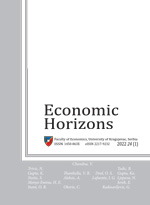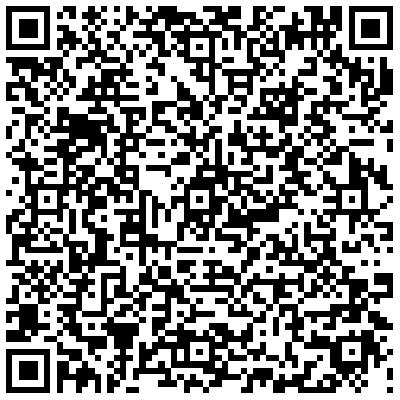BEHAVIORAL MODELS IN ECONOMICS AS A FRAMEWORK FOR INDIVIDUAL ADAPTATION TO THE INSTITUTIONAL ENVIRONMENT
Dragan Petrovic, Zoran Stefanovic and Ivan Markovic
Faculty of Economics, University of Nis, Nis, The Republic of Serbia
Behavioral models are a useful instrument of the analysis of interdependent impacts of the institutional structure and macroeconomic trends. Their role, among other things, is reflected in presenting the advantages and disadvantages of different interpretations of economic reality, associated with the subjective perceptions of the possibilities of the adaptation of economic actors to the requirements of the existing institutional structure. Having in mind the fact that the economic decision-making process is an integral part of macroeconomic and broader social ontology, as well as the different opinions regarding the basic features of behavioral models, the subject of this work is focused on trying to determine their theoretical relevancy and practical foundation. Special attention is paid to the phenomenon of the realism of behavioral models in order to analyze their instrumentalist importance for the implementation of the policy of asymmetric paternalism in conditions of uncertainty.
Keywords: behavioral models, institutional structure, macroeconomics, paternalism
JEL Classification: D03, E03, B29, B41, P29
Economic Horizons, 2017, Vol. 19, No 1, pp. 17-31. Published online 28 April 2017.
doi:10.5937/ekonhor1701017P
doi:10.5937/ekonhor1701017P




